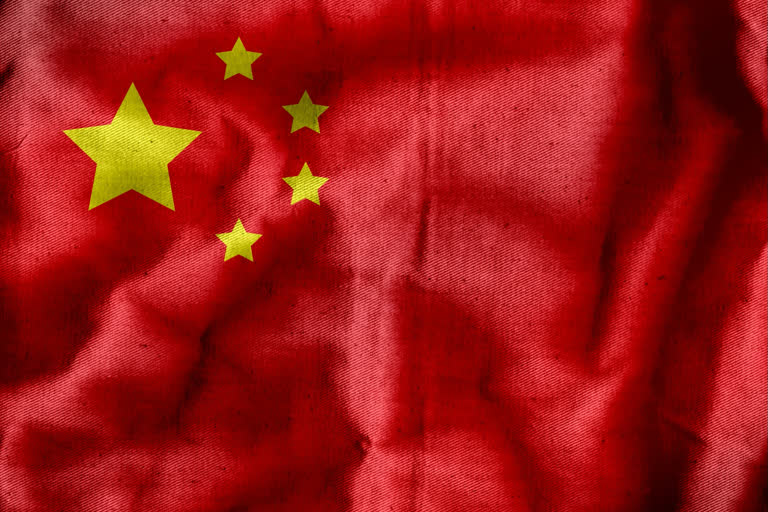Washington: Chinese President Xi Jinping has apparently decided that this is the right time to assert dominance and territorial expansionism when the global economies are reeling with the side-effects of a deadly pandemic outbreak, but instead of just rolling over, a growing number of nations are fighting back, the New York Post reported.
New Delhi raising of tariffs on Chinese goods, restricting Chinese investments and banning TikTok as well as 58 other Chinese apps from Indian phones is one of the latest in the bid to demonstrate that India, for one, is not intimidated by China's growing hawk policies.
Not only this, but many Indians are also now boycotting 'Made in China' products, a task made easier because online retailers like Amazon have been ordered by New Delhi to tell buyers where products are made.
The respective developments from the Indian side came in response to China's unprovoked attack against Indian border personnel at Galwan Valley in Eastern Ladakh on June 15, as a result of which the world's largest democracy had moved some 30,000 troops to the Himalayan border to counter any further provocative actions by the Communist Party regime, according to the New York Post.
Meanwhile, the people of the Philippines are up in arms over China's expansionism into areas of the South China Sea claimed by Manilla after a Philippine fishing boat sunk in its territorial waters by increasingly predatory Chinese ships.
When anti-US President Rodrigo Duterte was elected in 2016, he initially ignored popular sentiment and announced a 'pivot to Beijing' on the promise of USD 24 billion in Chinese investments.
Read more:China sends warning to India amid border clash fallout
Four years later, all that has changed. With the Chinese Navy sailing ever closer to Philippine shores and few Chinese projects in progress, Duterte has reversed his earlier decision to terminate his country's Visiting Forces Agreement with the US. Given a choice between having American or Chinese naval vessels anchored in Subic Bay, the decision was pretty obvious.
In addition to this, the world has been a witness to how the peaceful pro-democracy demonstrators in Hong Kong were beaten by the city's riot police on Beijing's orders after the Asian giant passed the national security law, further restricting the privileged freedom of the semi-autonomous region, the New York Post reported.
The sight of the 7.3 million free people of Hong Kong being crushed under the heel of the Chinese Communist Party regime is one the world will not easily forget. It has already prompted UK Prime Minister Boris Johnson to offer British citizenship to three million Hong Kongers, not to mention take a tougher line toward China itself. Huawei, for example, can kiss its 5G business in the UK goodbye.
